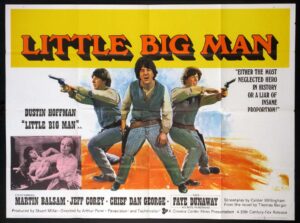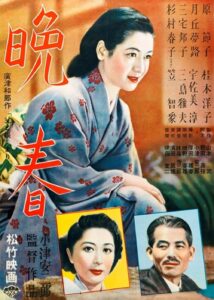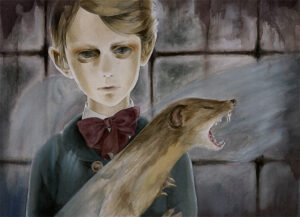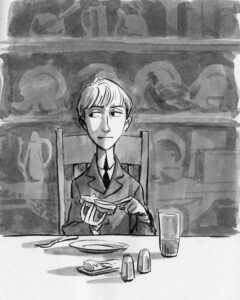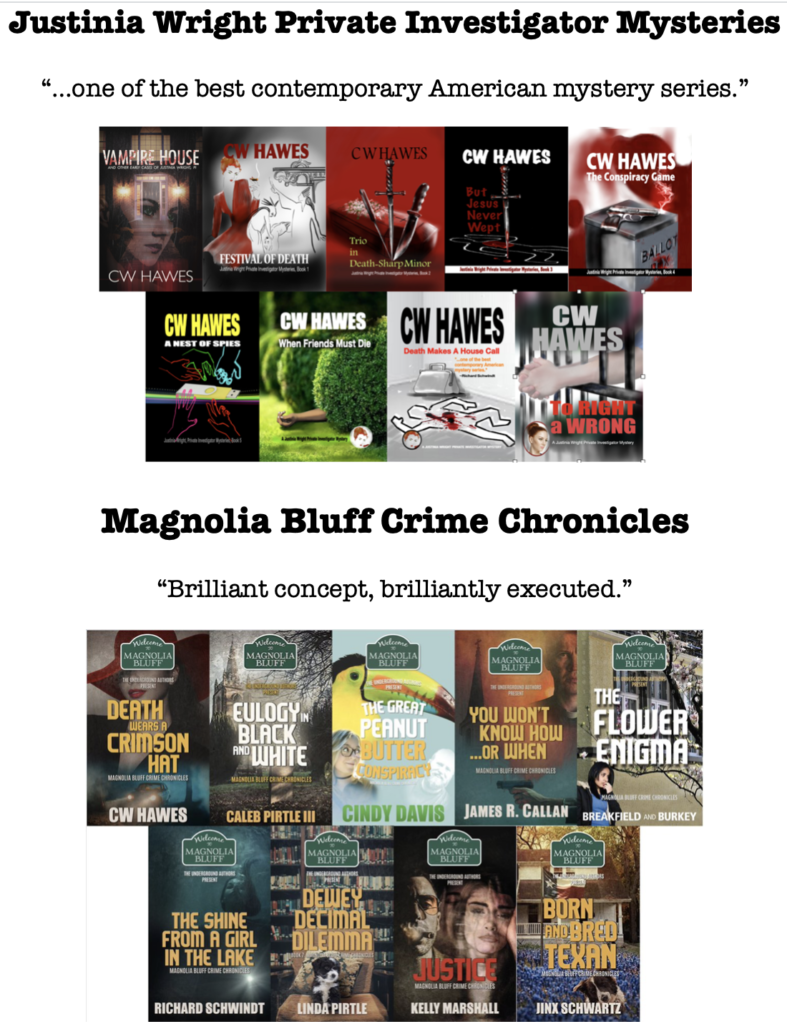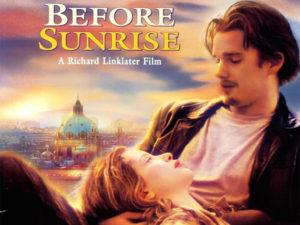Four years ago I was a guest on Lisette Brodey’s Writers Chateau.
The other day I was looking over my answers to her questions. And decided if I did the interview today, I’d probably answer at least some of the questions differently. Such is the passage of time.
But it’s still a good interview. You can read it on her website.
Today, on the blog, I thought I’d take another look at one of the questions she asked me. So here goes my re-assessment.
Favorite Film of All Time
What is my favorite film of all time? This is actually a very difficult question. Mostly because I’m not a film guy. I’m a book guy.
Now that doesn’t mean I don’t watch movies because I do. Especially in the past. Today, I’d rather read a book. And the older I get, the more I’d rather read than watch.
I thought about the answer I gave Lisette. Had my opinion changed in the past 4 years? After all, there are some truly outstanding movies out there. Would I pick a different one?
Some of the great movies, in my opinion, are:
-
-
-
- The Prime of Miss Jean Brodie
- 2001: A Space Odyssey
- Metropolis
- Frau in Mond (Woman in the Moon)
- The Remains of the Day
- The Graduate
- The Best Exotic Marigold Hotel (You might have to be an old person to really get this movie.)
-
-
In the end, I couldn’t pick just one for Lisette. And I still can’t pick just one.
Little Big Man
I think Little Big Man is one of the most significant movies ever made.
The movie is about what is important in life. It is an indictment of the hypocrisy inherent in political, social, and cultural values. And how destructive those false values become when they are imposed on individuals and other cultures.
What is true and good is not what society ordains. Those values come from within. The ultimate truth never comes from without. It always comes from within.
Late Spring
Late Spring is one of Japanese director Yasujirō Ozu’s greatest movies. And I think it is one of the greatest movies ever made.
In a totally different setting and culture, Ozu tells us the same message that we find in Little Big Man. What is true and good is not what society and culture tells us is true and good.
We need to live life for ourselves and not live our lives according to someone else’s standards.
Late Spring is a simple story, but Ozu took this simple story and made it into a powerful tale that champions the individual and condemns the society that seeks to crush that individual.
Favorite Book of All Time
This one, too, is difficult. There are so many good books. And I’ve read a number of very powerful novels and stories since I answered Lisette’s question.
A few of the works of fiction that are in the running for Favorite Book of All Time are:
-
-
-
- The Remains of the Day by Kazuo Ishiguro
- An Artist of the Floating World by Kazuo Ishiguro
- On the Beach by Nevil Shute (has one of the most emotionally powerful endings I’ve ever read)
- The Macdermots of Ballycloran by Anthony Trollope
- “The Spotted Dog” by Anthony Trollope (a long short story that is truly gut wrenching)
- Barchester Towers by Anthony Trollope
- Wingman by Daniel Pinkwater (a kid’s book that is so incredibly emotive I think it is actually a book for adults)
- 1984 by George Orwell (so real it scared the crap out of me)
- Church Mouse by RH Hale (one of the most atmospheric novels I’ve ever read, with amazingly memorable characters)
- The Boom Town Saga by Caleb Pirtle III (3 novels that actually are one long story; the series contains 2 of the most well-drawn characters I’ve ever read)
- Last Deadly Lie by Caleb Pirtle III (this book was a great discovery: the characters are absolutely phenomenal and the storyline is a stunner)
- Don’t Dream It’s Over by Matthew Cormack (the best post-apocalyptic novel I’ve ever read, and one of the best novels I’ve ever read)
- James Vincett is a science fiction author with, so far, 5 titles, in 3 series, in his universe. Mr. Vincett’s worldbuilding is simply awesome. One of the most imaginative fictional universes I’ve read.
-
-
But given all of the above, plus the ones I didn’t list, I think I will stick with my original assessment.
Sredni Vashtar
My favorite “book” of all time is the short story “Sredni Vashtar” by Saki.
To remember a story you read 60 or so years ago and never forget it definitely means it had a tremendous impact on you.
Like my all time favorite movies described above, “Sredni Vashtar” is a story about a revolt from convention, a revolt from those who think they know what is best for us, but in the end don’t actually care about us. They simply want us to conform to their life goals and purpose. It is a story about becoming free.
And there is nothing better than being free.
Comments are always welcome! And until next time, happy reading!
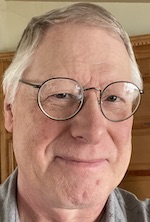 CW Hawes is a playwright; award-winning poet; and a fictioneer, with a bestselling novel. He’s also an armchair philosopher, political theorist, social commentator, and traveler. He loves a good cup of tea and agrees that everything’s better with pizza.
CW Hawes is a playwright; award-winning poet; and a fictioneer, with a bestselling novel. He’s also an armchair philosopher, political theorist, social commentator, and traveler. He loves a good cup of tea and agrees that everything’s better with pizza.
If you enjoyed this post, please consider buying me a cup of tea. Thanks! PayPal.me/CWHawes
Justinia Wright Private Investigator Mysteries on Amazon!
Magnolia Bluff Crime Chronicles on Amazon!
Share This!